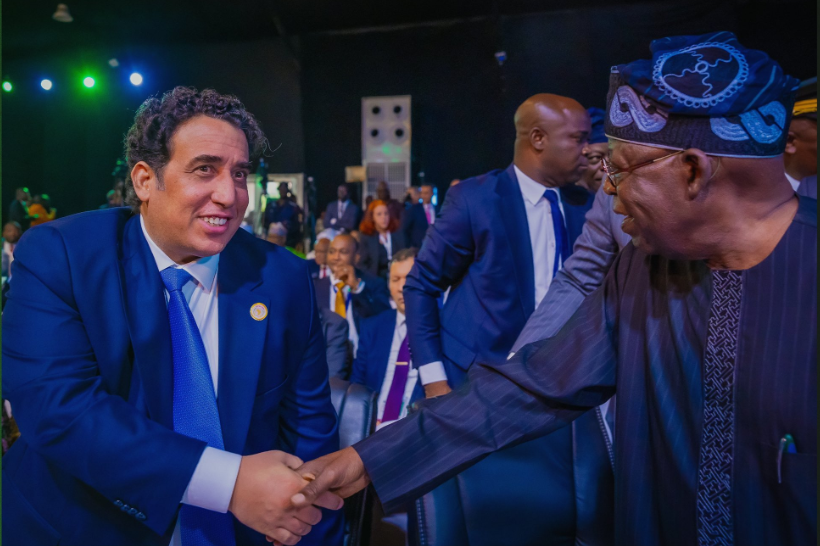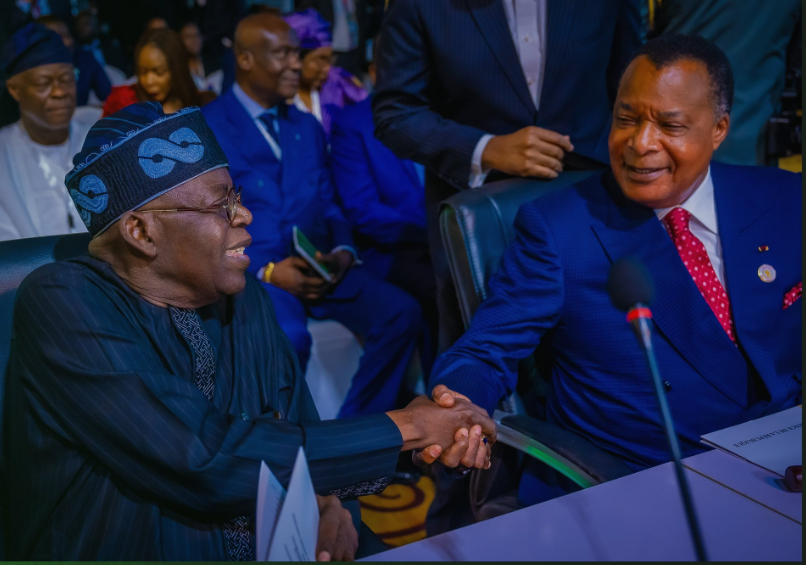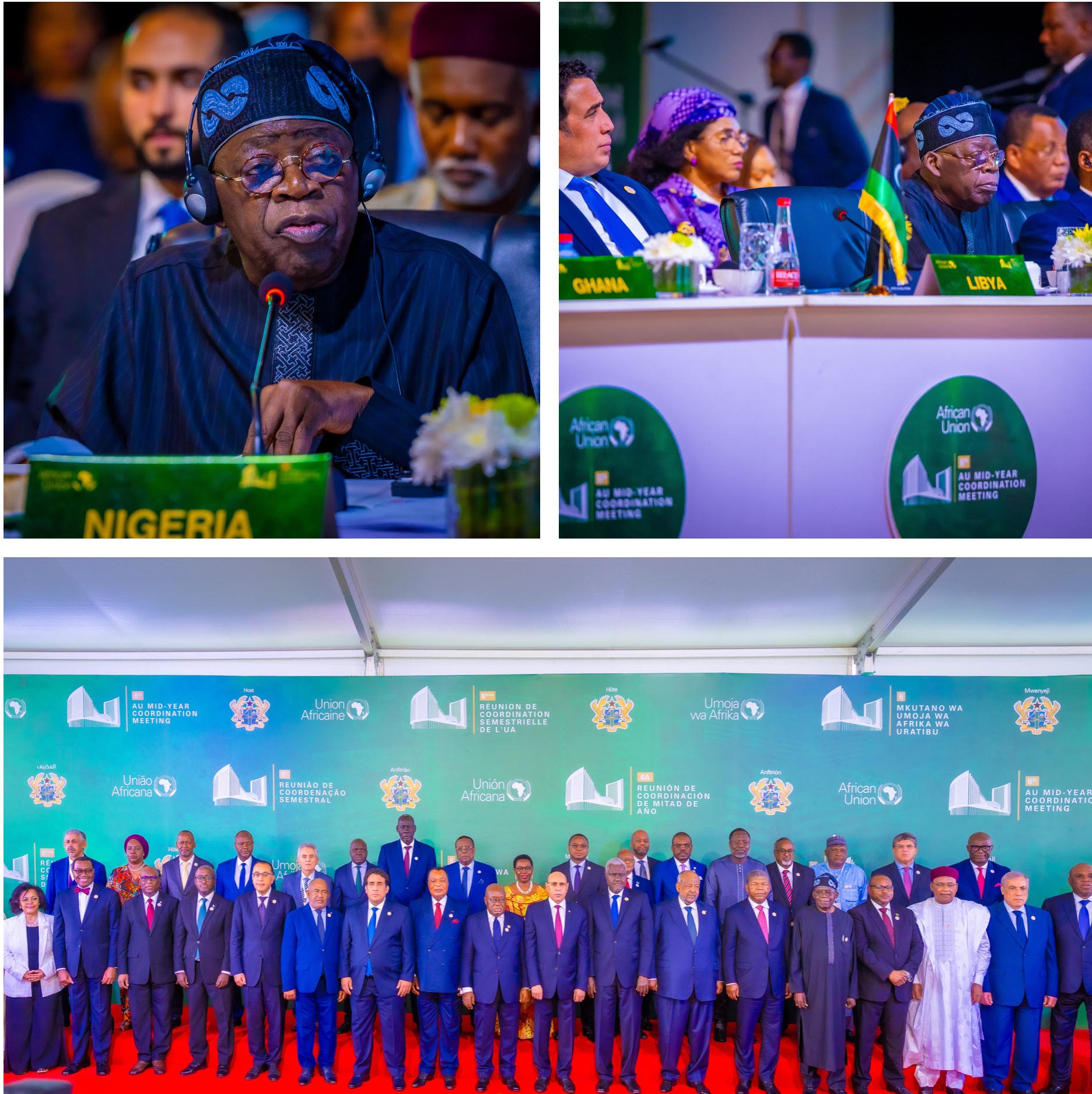By Joke Kujenya
AT THE Sixth Mid-Year Coordination Meeting in Accra, Ghana, President Bola Tinubu reviewed recent progress and challenges for the West African Economic Community (ECOWAS).
As Chairman of the ECOWAS Authority of Heads of State and Government, Tinubu highlighted the bloc’s achievements and future goals.
Under his leadership, ECOWAS has activated a standby force to combat terrorism and is exploring various funding sources.
Tinubu emphasized ECOWAS’s commitment to enhancing electoral and governance processes.
He noted the recent peaceful and transparent elections in Senegal and Togo as significant successes.
Additionally, he mentioned the successful facilitation of a national unity agreement in Sierra Leone and ongoing updates to the 2001 Supplementary Protocol on Democracy and Good Governance.

Economically, ECOWAS has made strides in regional integration.
The free trade area, customs union, and common market have all seen improvements.
Tinubu reported that six member states have ratified the WTO Fisheries Subsidies Agreement, and thirteen have endorsed the AFCFTA agreement.
The SIGMAT system for managing goods in transit is now operational in twelve member countries.
On the humanitarian front, ECOWAS has allocated $9 million to support refugees, internally displaced persons, and asylum seekers.
The organization has also invested $4 million to assist member states in their fight against terrorism.
In education and health, initiatives include the creation of the West African Network of National Academies of Sciences and the African Forum for Research and Innovation.
Efforts continue to address obstetric fistula and promote gender equality in education and the green economy.
In the fields of energy, mining, and agriculture, notable advancements include the ECOWAS-Regional Electricity Access Project (ECOREAP) and the Regional Off-Grid Electricity Access Project (ROGEAP).
Solar SMEs have received funding, with a grant and loan scheme supporting sustainable electricity access across member states.
Food security efforts include the establishment of the Regional Fund for Agriculture and Food and improvements in livestock health.
Regarding ECOWAS institutions, Tinubu highlighted the election of the Right Honourable Maimunatu Ibrahim as the first female President of the ECOWAS Parliament.
The ECOWAS Community Court of Justice has handled fifteen new cases and delivered eleven judgments.
Despite these achievements, ECOWAS faces threats including member state withdrawals, geopolitical tensions, terrorism, food insecurity, climate change, and misinformation.
Tinubu announced plans for a Special Extra-Ordinary Summit to address these issues and strengthen unity within the community.

During the meeting, President Tinubu also held a bilateral discussion with President Ismail Omar Guelleh of Djibouti.
They focused on Nigeria’s role in regional leadership and mutual development goals.
The Mid-Year Coordination Meeting, established in 2017, is the main platform for the AU and Regional Economic Communities to align their efforts and advance the continental integration agenda.
This year’s meeting was themed “Educate and Skill Africa for the 21st Century.”





